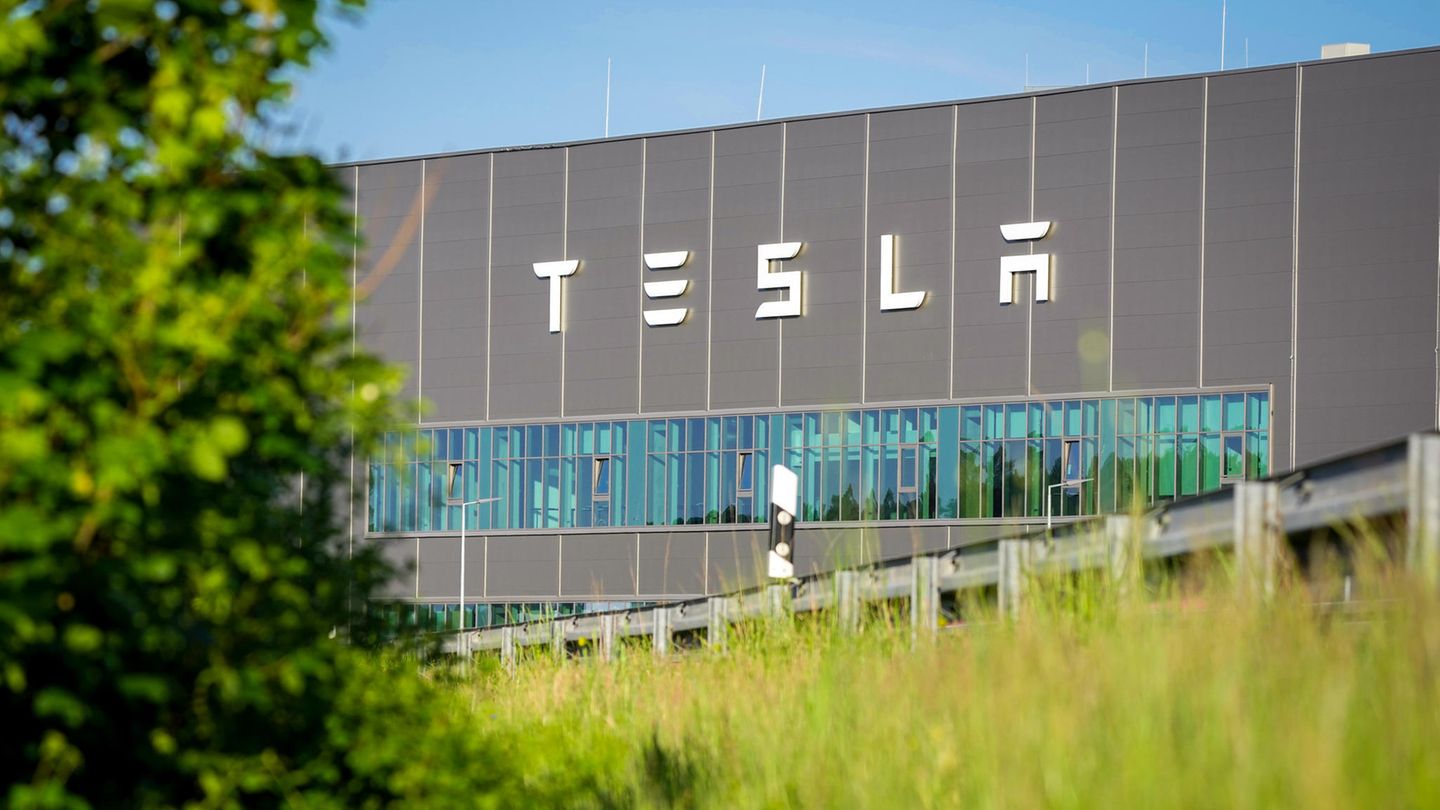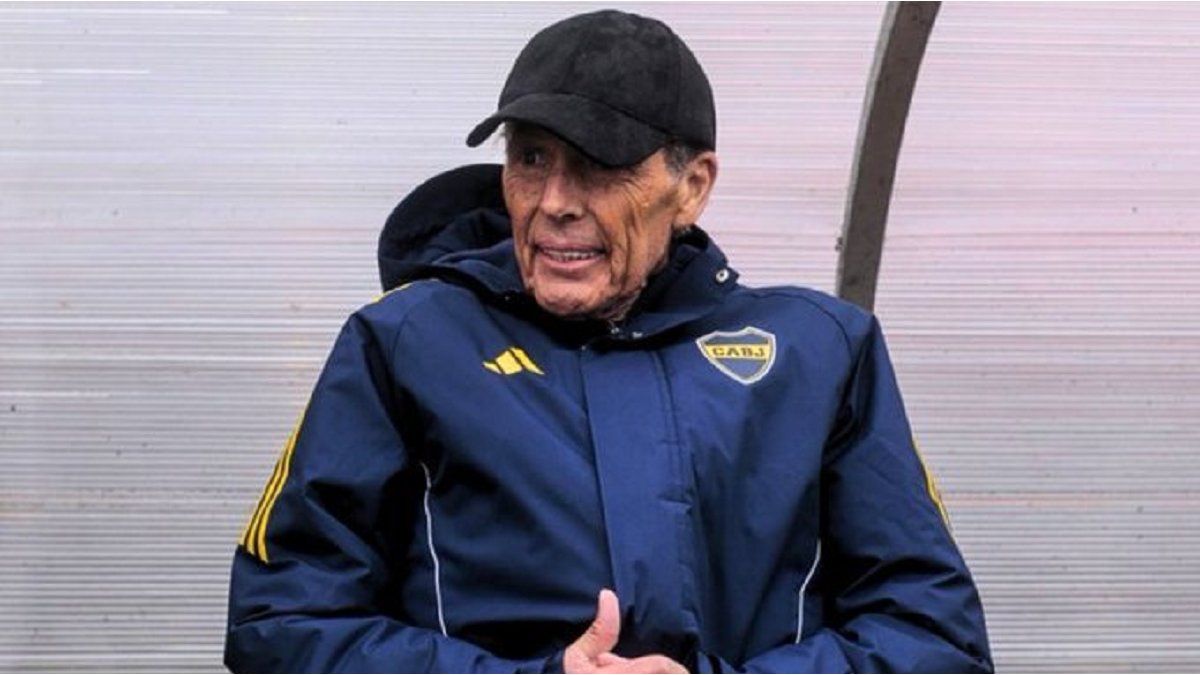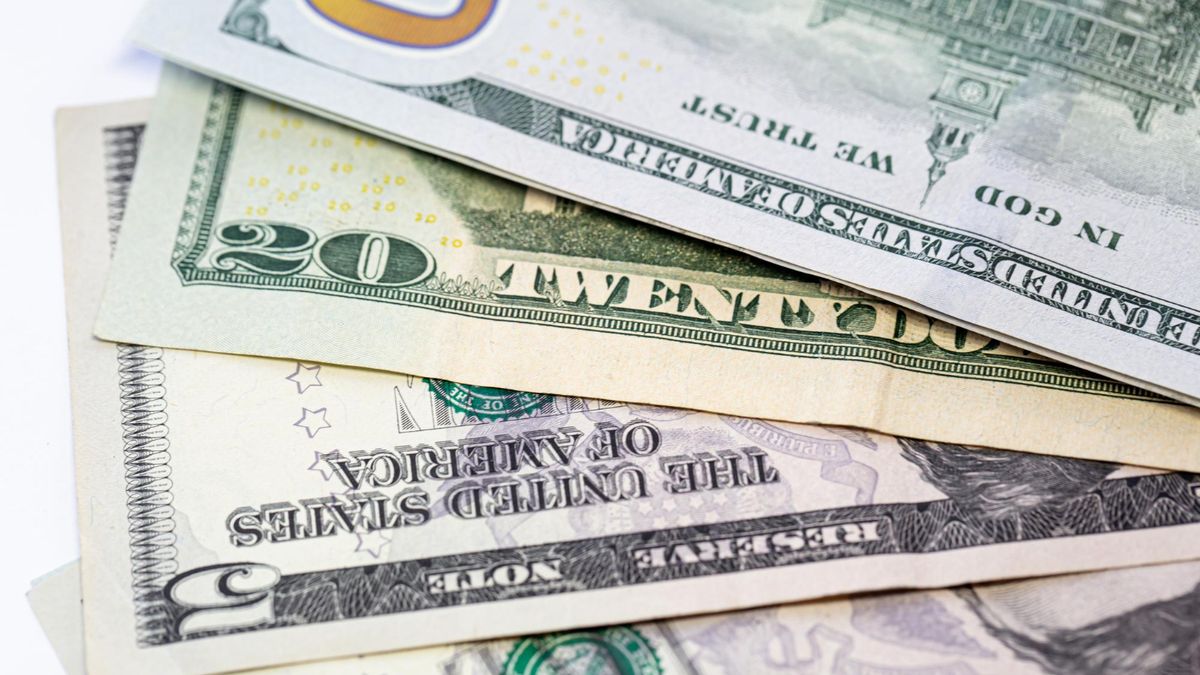Apparently an unusually high number of employees are calling in sick at the Tesla plant in Grünheide. Management is taking controversial measures – and intends to stick with them.
The head of the Tesla plant in Grünheide near Berlin has defended home visits to employees because of frequent sick leave. Manager André Thierig has not ruled out such a practice in the future. Home visits are nothing unusual – “many companies do that,” he told the German Press Agency. “We wanted to appeal to the work ethic of the workforce.” IG Metall, on the other hand, criticizes the very high workload in the car factory and calls the home visits a “perverse action.”
Tesla management complains about high levels of sick leave
According to Tesla, the unannounced home visits were triggered by an above-average level of sick leave in the summer months. “At times it reached 15 percent or more,” said Thierig. The “Handelsblatt” newspaper previously reported on the home visits to employees who were on sick leave. The newspaper referred to a tape recording of a staff meeting last week that it had in its possession.
Tesla has been producing electric cars in Grünheide in Brandenburg for more than two years. According to the company, almost 12,000 people work there. But the electric car market is in a slump.
Manager in Grünheide: Home visits met with approval from staff
Thierig said: “We informed the workforce about the home visits at the staff meeting and explained our approach.” It was met with great approval from the workforce. Previously, there had already been feedback that employees were frustrated by the high level of absenteeism among their colleagues.
“We have identified a good 200 employees who are receiving continued pay but who have not worked at all this year. They bring in new sick notes at least every 6 weeks,” said Thierig. “We have identified two dozen cases.” Not he himself, but the production and HR managers then made unannounced home visits to the employees. “The majority of them were not found, and in some cases very aggressive behavior was evident.”
Sick notes “not an indicator of poor working conditions”
From the Tesla manager’s point of view, the reason for the sick leave is not the working conditions. “In our analyses of attendance, phenomena have become apparent: on Fridays and in late shifts, around 5 percent more employees are reported sick than on other days of the week,” said Thierig.
“This is not an indicator of poor working conditions, because the working conditions are the same on all working days and in all shifts. It suggests that the German social system is being exploited to some extent.” Tesla has more than 1,500 temporary workers who work under the same conditions. The sick leave rate here is two percent.
Thierig emphasized that Tesla does not have a general suspicion of sick people. “We wanted to seek dialogue with employees and find out what is going on with them. A personal visit has a different effect than a phone call.” The number of sick days has also decreased. “We have noticed an improvement.” Thierig: “I would not rule out further home visits.”
IG Metall: Tesla puts pressure on sick workers
The district manager of IG Metall Berlin-Brandenburg-Saxony, Dirk Schulze, criticized the fact that sick people were being put under pressure. “Employees from almost all areas of the plant reported extremely high workloads,” he said. “If there is a shortage of staff, the sick are put under pressure and those who are still healthy are overloaded with additional work. If the plant management really wants to reduce the number of sick days, it should break this vicious circle.”
Thierig said the company is doing a lot to protect health and improve working conditions. He pointed to a gym at the plant, company doctors, physiotherapists and ergonomic improvements to the workplaces.
Source: Stern




